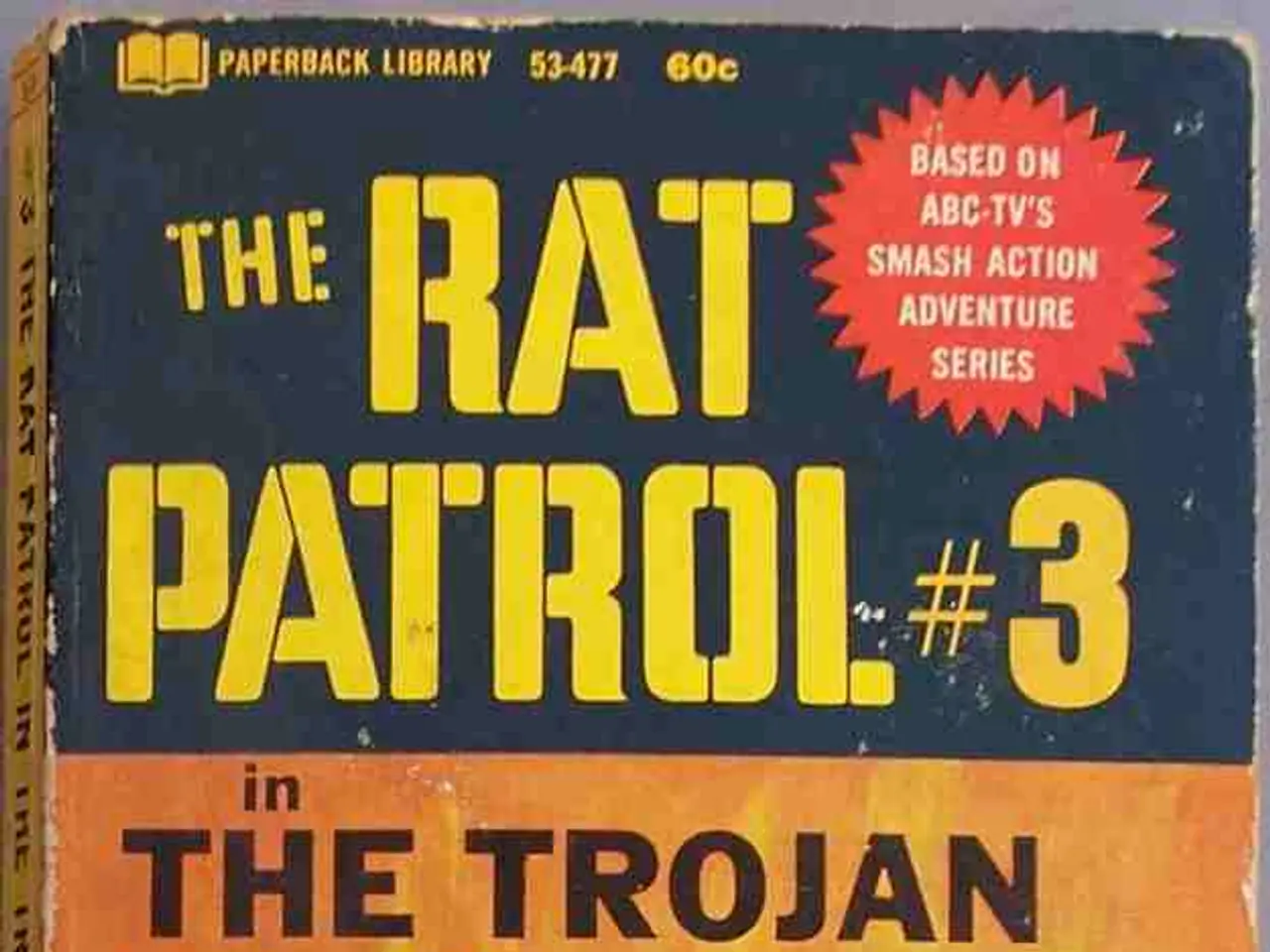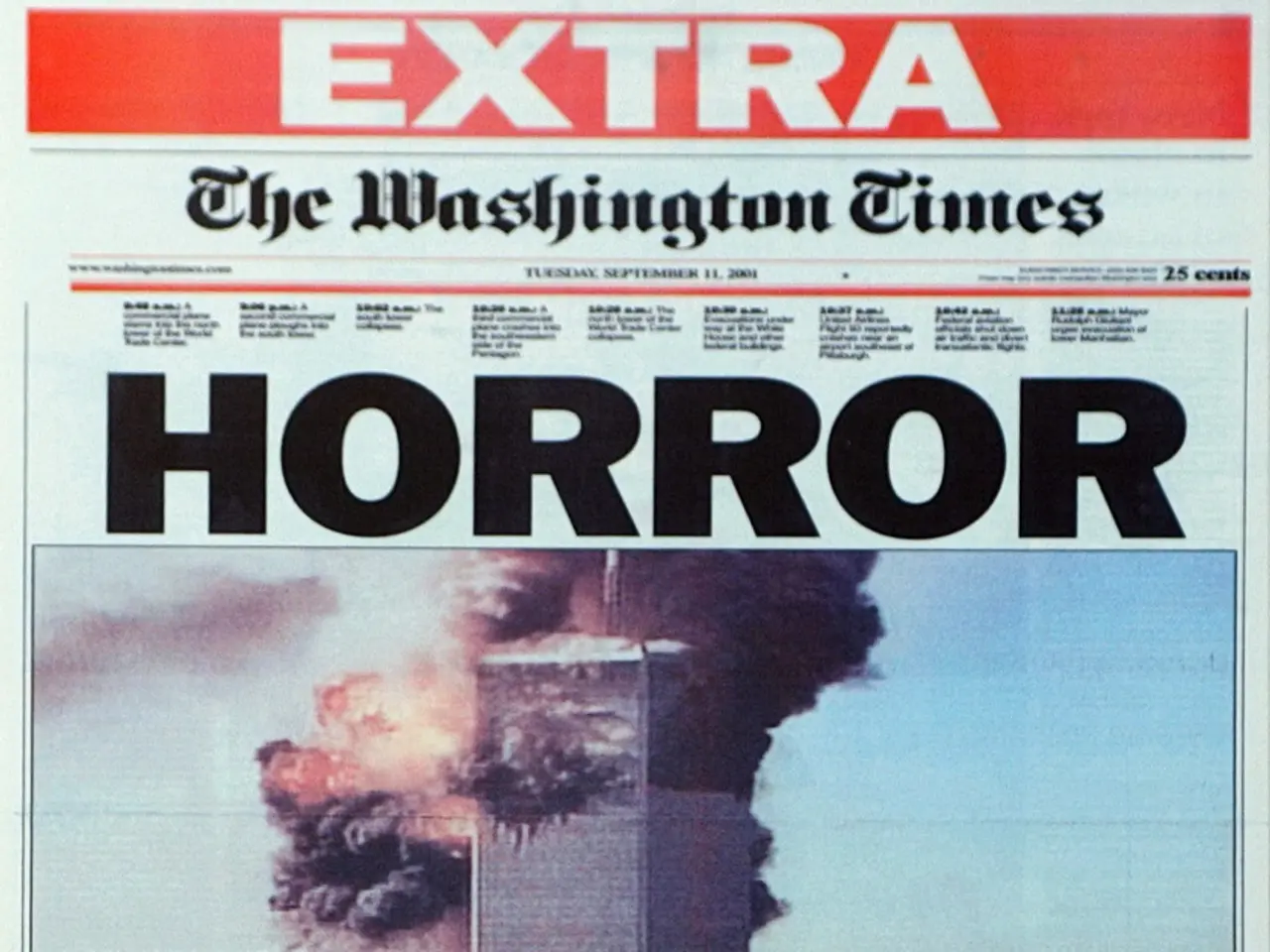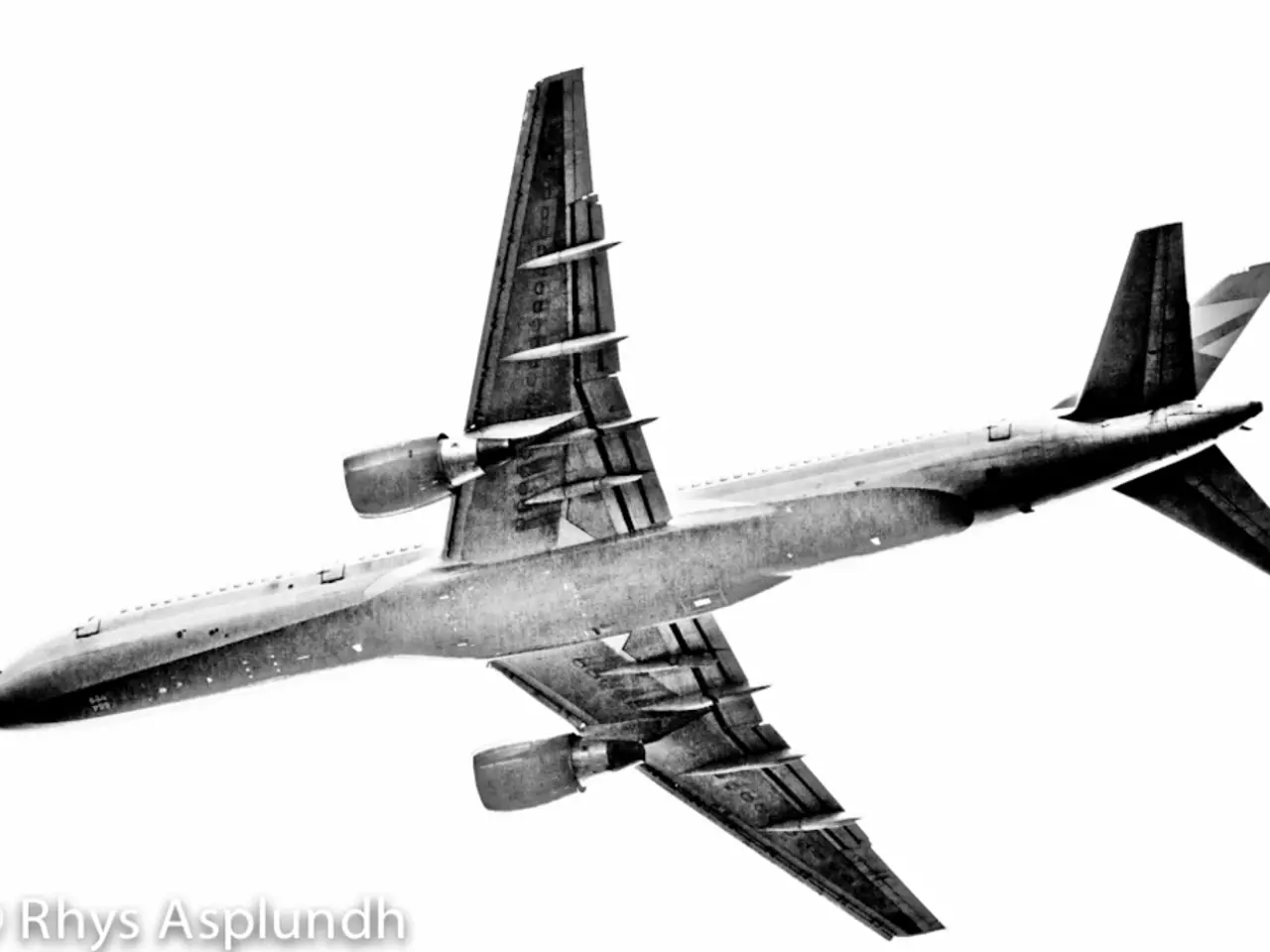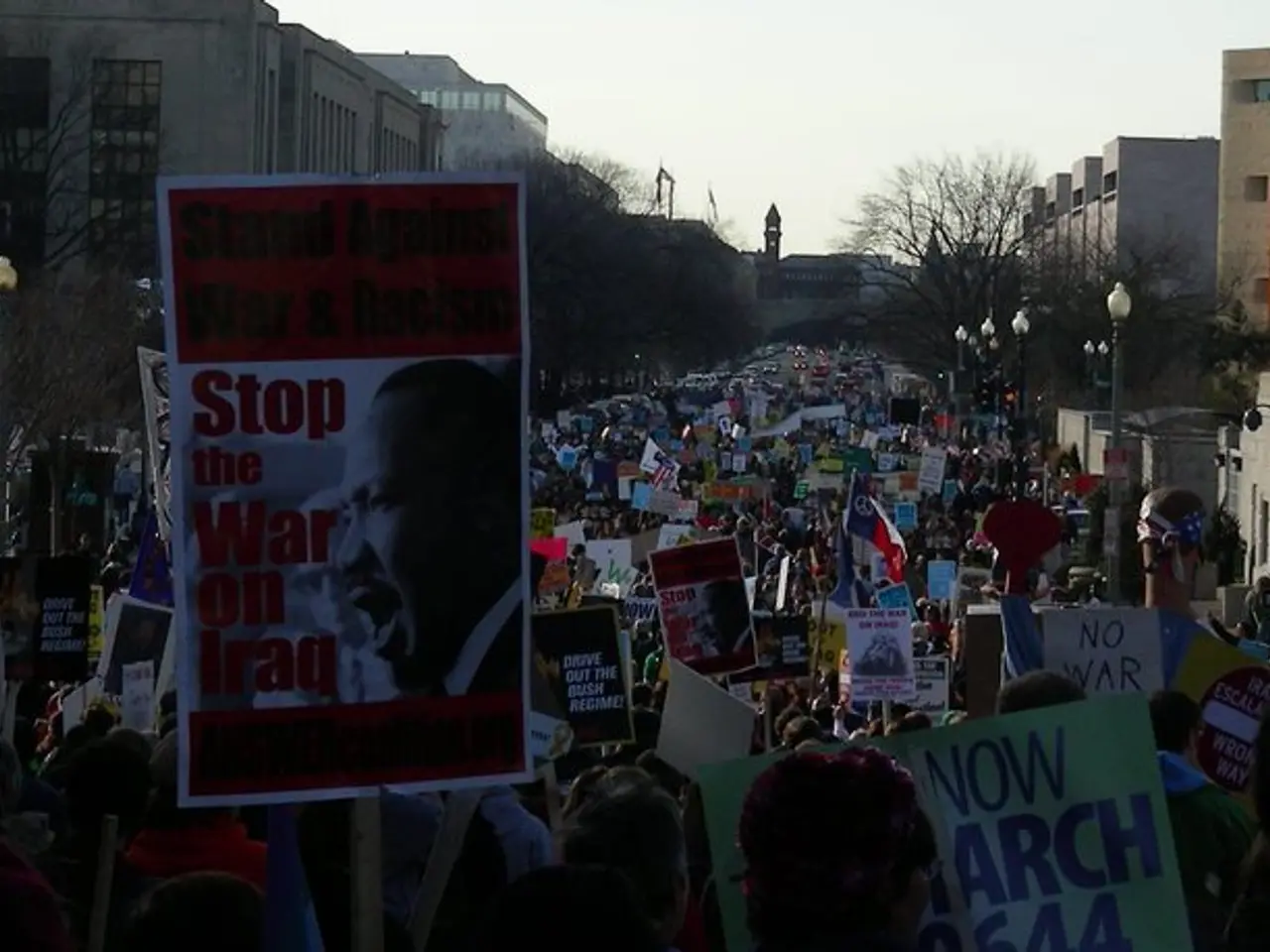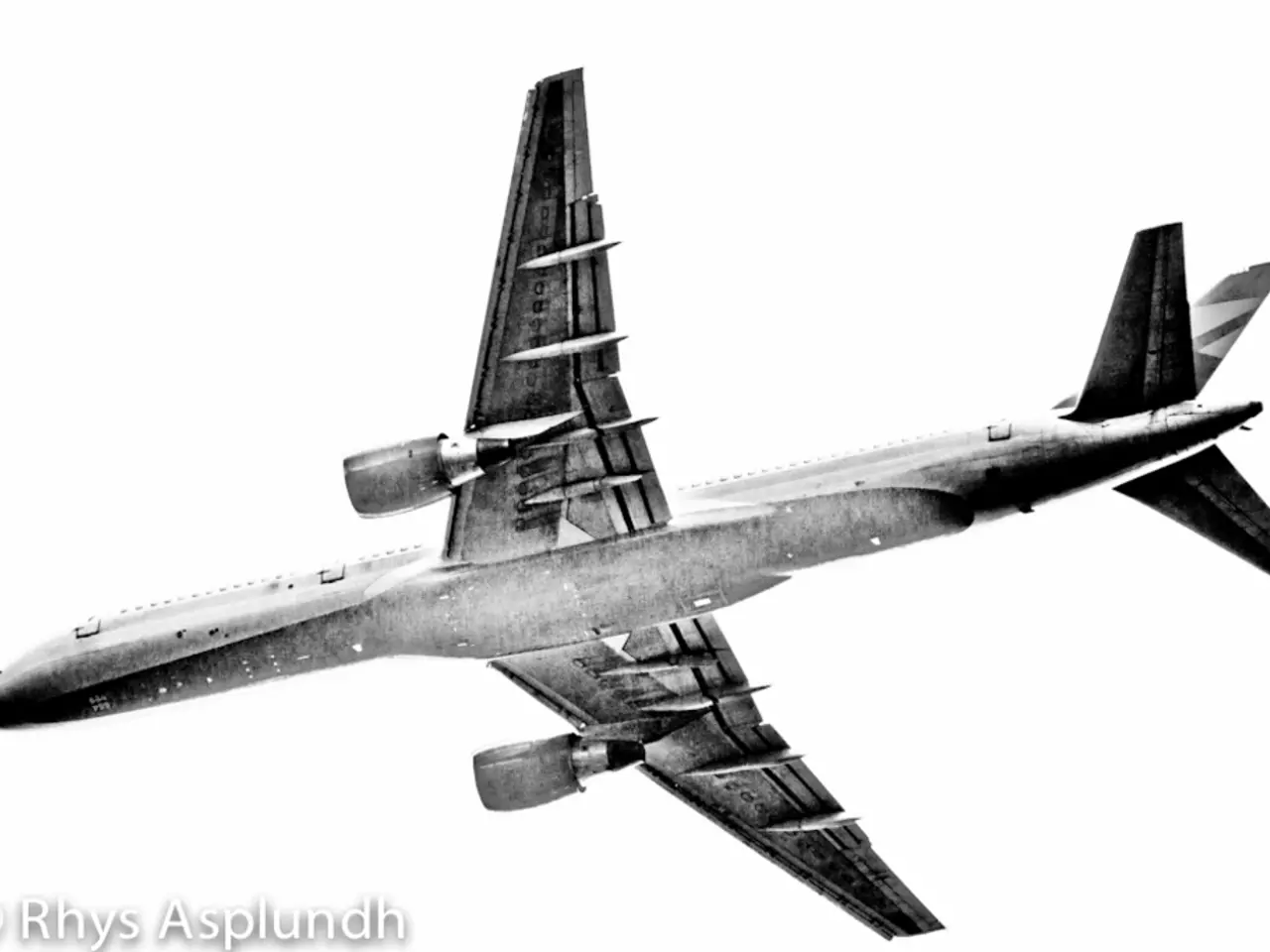U.S. avoidance of conflict with Russia, as stated by a previous congressman.
In a significant military move, the United States has reportedly deployed nuclear submarines closer to Russia, marking a potential escalation in tensions between the two nations. This deployment is believed to be a direct response to comments made by Dmitry Medvedev, a high-ranking Russian official, regarding Russia's "Perimeter" system.
The "Perimeter" system, also known as the "Dead Hand," is an automated nuclear retaliation system developed during the Cold War. Originally designed as a deterrent against a decapitating first strike by the U.S. or NATO forces, the system is still operational and believed to have received modern upgrades, possibly incorporating AI and satellite data for enhanced reliability and speed.
The system works by continuously monitoring various data points, including seismic activity, atmospheric radiation, pressure changes, and military communications. In the event of a nuclear attack and communication with the Russian command is lost, the system can automatically initiate a counterstrike order. However, while initially envisioned as fully automatic, the system in practice remains partly manual, requiring human authorization for missile launch.
Though Russia has kept much about Perimeter secret, it is widely believed to remain operational in the present day. This belief is supported by recent public references by prominent Russian figures, including former President Dmitry Medvedev. In response to Trump's statements about Russia's "Perimeter" system, Medvedev hinted that Moscow has such a system in place.
In light of these developments, President Donald Trump ordered the deployment of two nuclear submarines closer to Russia as a precautionary measure. The exact locations of these submarines have not been disclosed, but they are currently positioned in appropriate areas. This deployment serves as a demonstration of the U.S.'s nuclear capabilities and readiness.
However, the deployment of these submarines could potentially disrupt Russia's "Perimeter" system if it is activated. This raises concerns about the potential escalation of tensions between the two nations. In response to Trump's statements, Dmitry Medvedev commented that Trump was venturing into "dangerous territory."
The "Perimeter" system, though created during the height of the Cold War, remains a critical, though rarely discussed, component of Russia's nuclear defense infrastructure. As political rhetoric surrounding these systems continues, it is essential to maintain open dialogue and avoid unnecessary escalations that could lead to unintended consequences.
[1] "Dead Hand: The Untold Story of the Cold War's Secret Weapon." Hanson, W. (2017). [3] "The Doomsday Machine: Confessions of a Nuclear War Planner." Schlosser, E. (2013). [5] "Trump Orders Deployment of Nuclear Submarines Closer to Russia." The Washington Post. (2021).
What could be the possible response of Russia to the deployment of American nuclear submarines closer to its borders, given their underlined concern about the "Perimeter" system and their past comments on the matter?
Could the escalation in tensions between the United States and Russia, prompted by the recent deployment of nuclear submarines, inadvertently activate the "Perimeter" system, potentially leading to a dangerous escalation in war-and-conflicts or general-news scenarios?
